Governance
Commitment to responsible business practices.
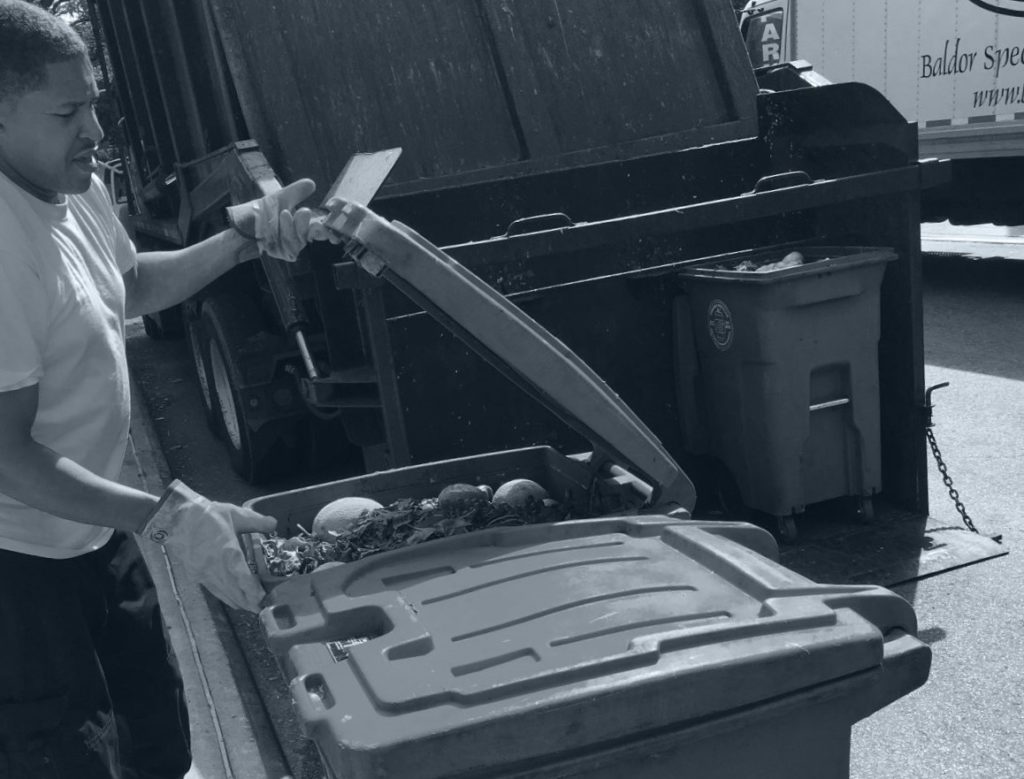
Choosing the Right Partners + Vendors
As part of our commitment to managing waste for our clients, we align ourselves with vendors that also share our values and are managing waste responsibly. Our hauler partners’ trucks are outfitted with RTS proprietary technology so that our team can track the flow of waste from the point of generation to the end destination facility. This technology and hauler relationship allows our team to validate that materials are being delivered to the appropriate facility for processing.
Our team also examines our recycling facilities so we know exactly how our clients’ materials will be handled once it leaves their hands. We extend that transparency at the facility level with our clients by having them join us for tours of the facilities. Our electronic waste vendors maintain certifications like e-Steward, which upholds a safe and ethical standard for e-waste recycling, as well as R2 Certifications, which ensures environmental and social responsibility of electronic recycling facilities.
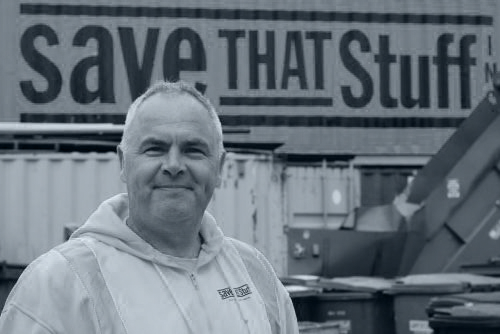
RTS back office and financial support has added new levels of capability for Save That Stuff. With focused managers in many areas they are able to analyze and report continual improvement ideas to customers, and their systems for gathering data increases opportunity and transparency for our business.
– ERIK LEVY, FOUNDER + PRESIDENT, SAVE THAT STUFF
Policy Guidelines
RTS’s alignment with local, state, federal, and international laws, regulations, and norms is a top priority for the company. To ensure that this would always be the case, early in its lifecycle RTS created a team dedicated specifically to policy and government-related work. Thus, policy issues – like sustainability issues – are not viewed as mere matters of compliance or branding, but as actual responsibilities.
Our Policy team constantly engages with governments from Townships to the City Government of New York – as it is implementing its new Commercial Waste Zone (CWZ) policy – to the United Nations (and its Office of the High Commissioner for Human Rights and Sustainability Development Goal-focused departments).
Our hauler partners’ trucks are outfitted with RTS proprietary technology so that our team can track the flow of waste from the point of generation to the end destination facility.
Corporate Governance
RTS is organized as a benefit corporation under Article 17 of New York State’s Business Corporation Law (“BCL”). That means that RTS has elected to legally commit to having a purpose of creating a material positive impact on society and the environment, taken as a whole, assessed against a third-party standard, from its business and operations. Further, in keeping its status as a benefit corporation under the BCL, RTS has adopted provisions in its corporate bylaws providing that, in discharging the duties of their respective positions, each of RTS’ directors and officers shall consider the effect of any action upon:
(i) the ability for the corporation to accomplish its general public benefit purpose;
(ii) the shareholders of the corporation;
(iii) the employees and workforce of the corporation and its subsidiaries and suppliers;
(iv) the interests of customers as beneficiaries of the general public benefit purpose of the corporation;
(v) community and societal considerations, including those of any community in which offices or facilities of the corporation or its subsidiaries or suppliers are located;
(vi) the local and global environment; and
(vii) the short-term and long-term interests of the corporation, including benefits that may accrue to the corporation from its long-term plans and the possibility that these interests may be best served by the continued independence of the corporation.
Benefit Corporation: RTS has elected to legally commit to having a purpose of creating a material positive impact on society and the environment, taken as a whole, assessed against a third-party standard, from its business and operations.
Board of Directors Composition
We are privileged to have the experience and acumen from our board members to guide our values and further our mission. The breadth of their experience, which is grounded in the principles of the ESG framework, have provided a solid foundation for our progress.
We value their approach to our relationship with the environment in which we serve, and as individuals contributing to the greater whole – continually pushing us to go beyond our limits in a responsible, but impactful manner.
Our board includes diverse entrepreneurs, business leaders, and self-starters inspiring us with unique perspectives. This, combined with a structure of monthly and quarterly touchpoints, allows us to evaluate our ethical practices routinely.



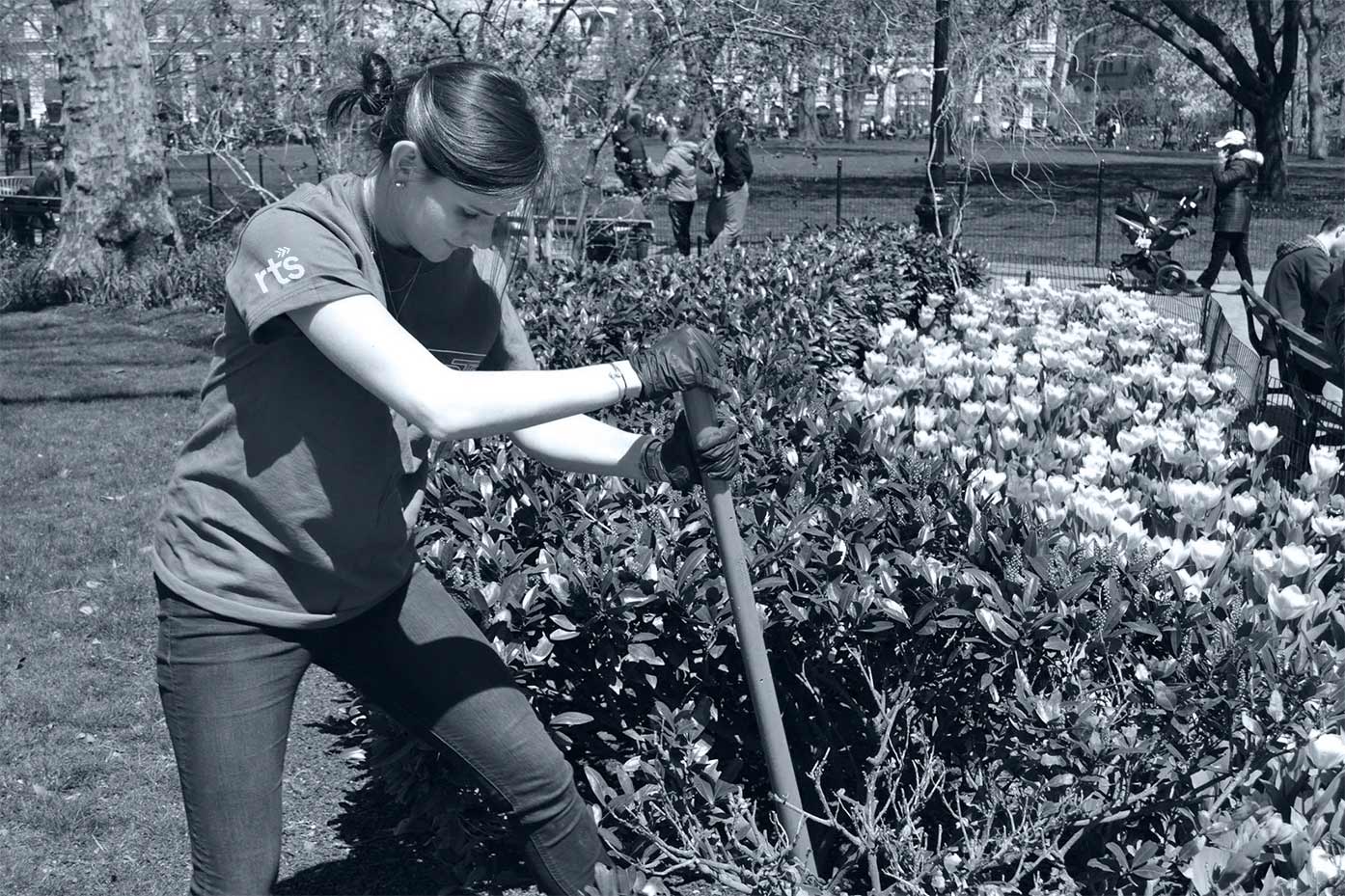
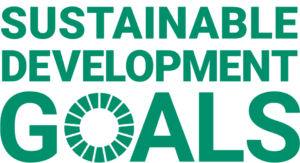
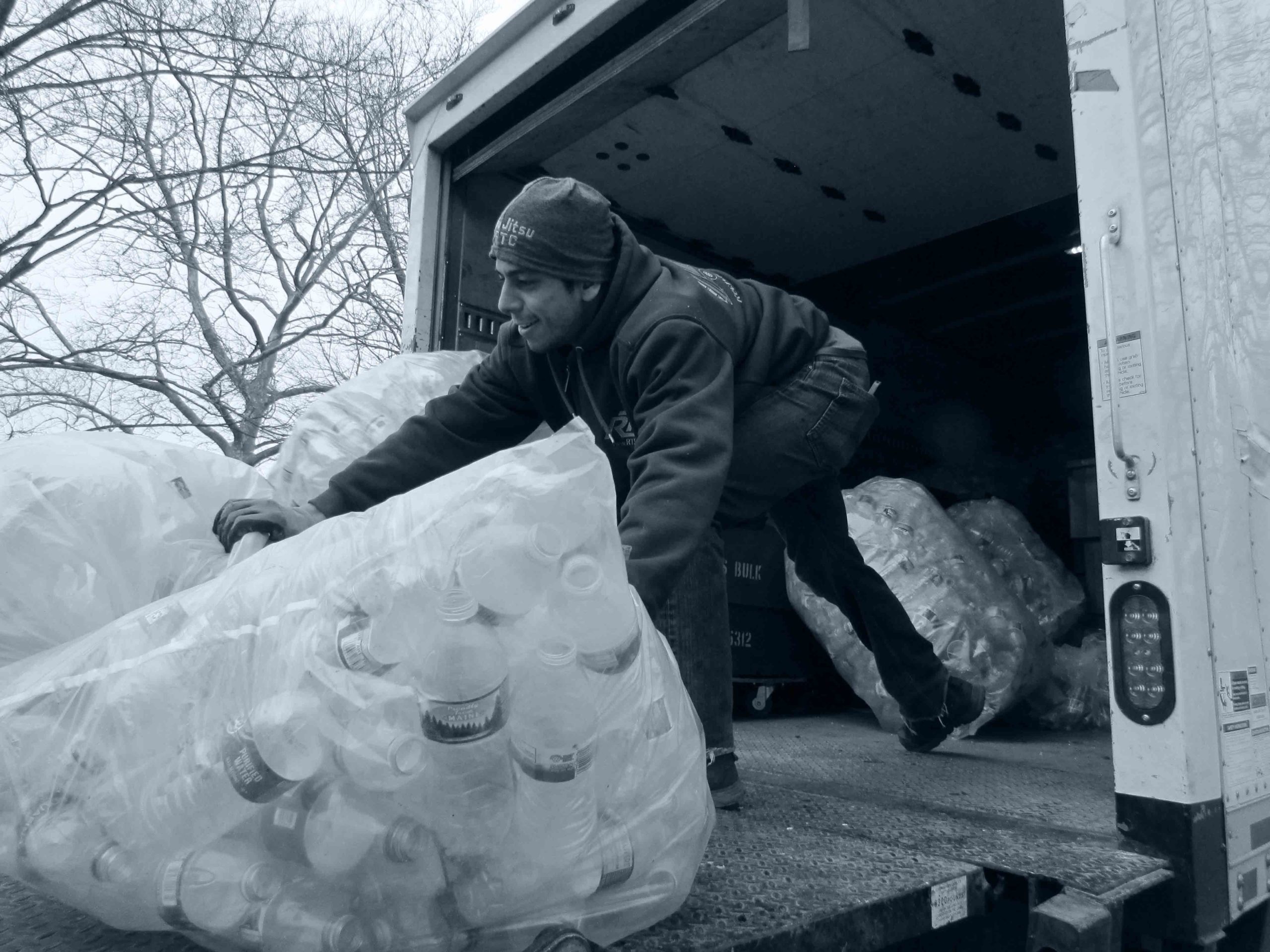

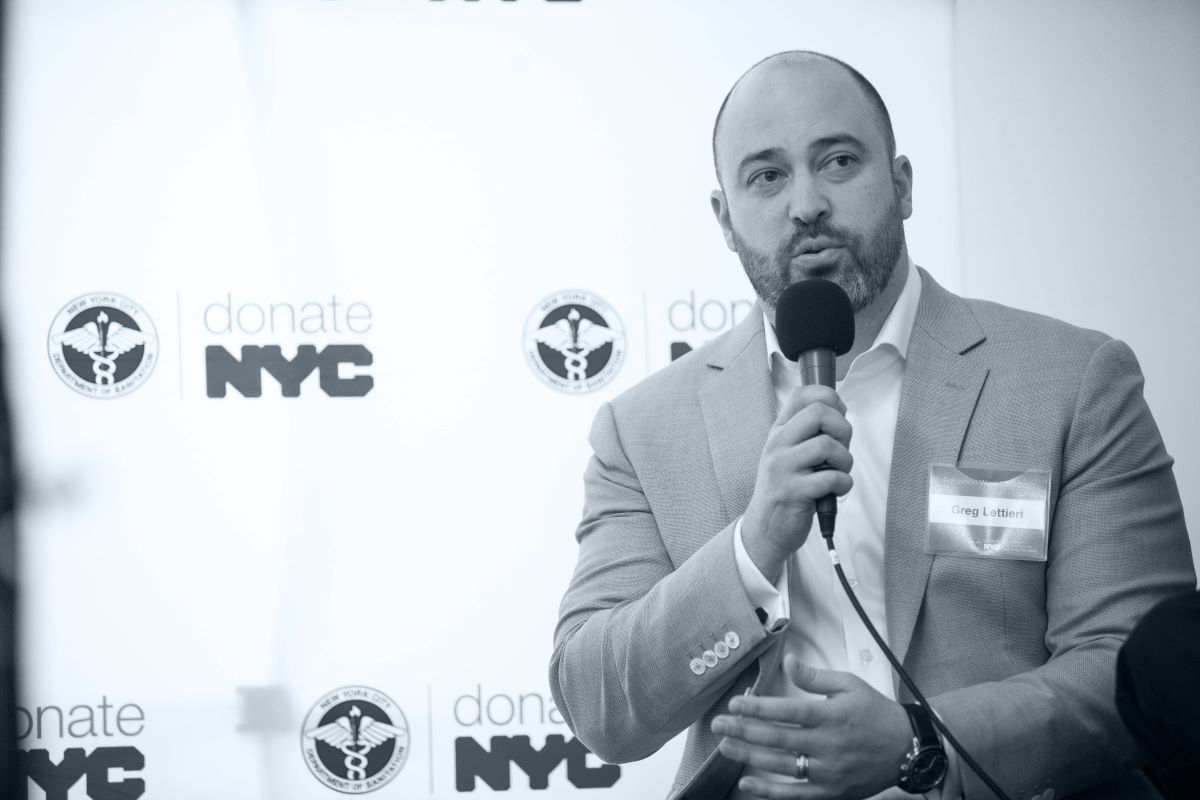
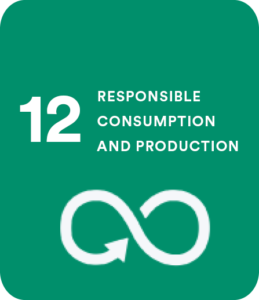 Landfills should not continue to be the final destination for the bulk of our waste because landfills harm the planet and its inhabitants, threatening us from above and below. As materials in landfills decompose, they release harmful gasses to the skies, including carbon dioxide, methane, and hydrogen sulfide, accelerating global warming and polluting the air we breathe. Additionally, leachate from landfills carries dangerous chemicals into our groundwater, polluting our farmland and drinking water.
Landfills should not continue to be the final destination for the bulk of our waste because landfills harm the planet and its inhabitants, threatening us from above and below. As materials in landfills decompose, they release harmful gasses to the skies, including carbon dioxide, methane, and hydrogen sulfide, accelerating global warming and polluting the air we breathe. Additionally, leachate from landfills carries dangerous chemicals into our groundwater, polluting our farmland and drinking water.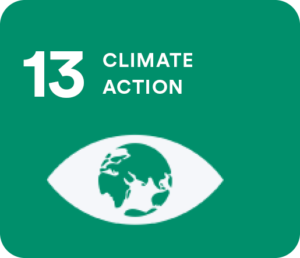 With that knowledge, we are committed to accelerating zero waste solutions more broadly and making circular processing more accessible. We are currently focused on addressing food waste – the largest contributor to landfills – through a revolutionary bioconversion process of the compounds of organic material, including the water, to create non-toxic and sustainable products and commodities.
With that knowledge, we are committed to accelerating zero waste solutions more broadly and making circular processing more accessible. We are currently focused on addressing food waste – the largest contributor to landfills – through a revolutionary bioconversion process of the compounds of organic material, including the water, to create non-toxic and sustainable products and commodities.

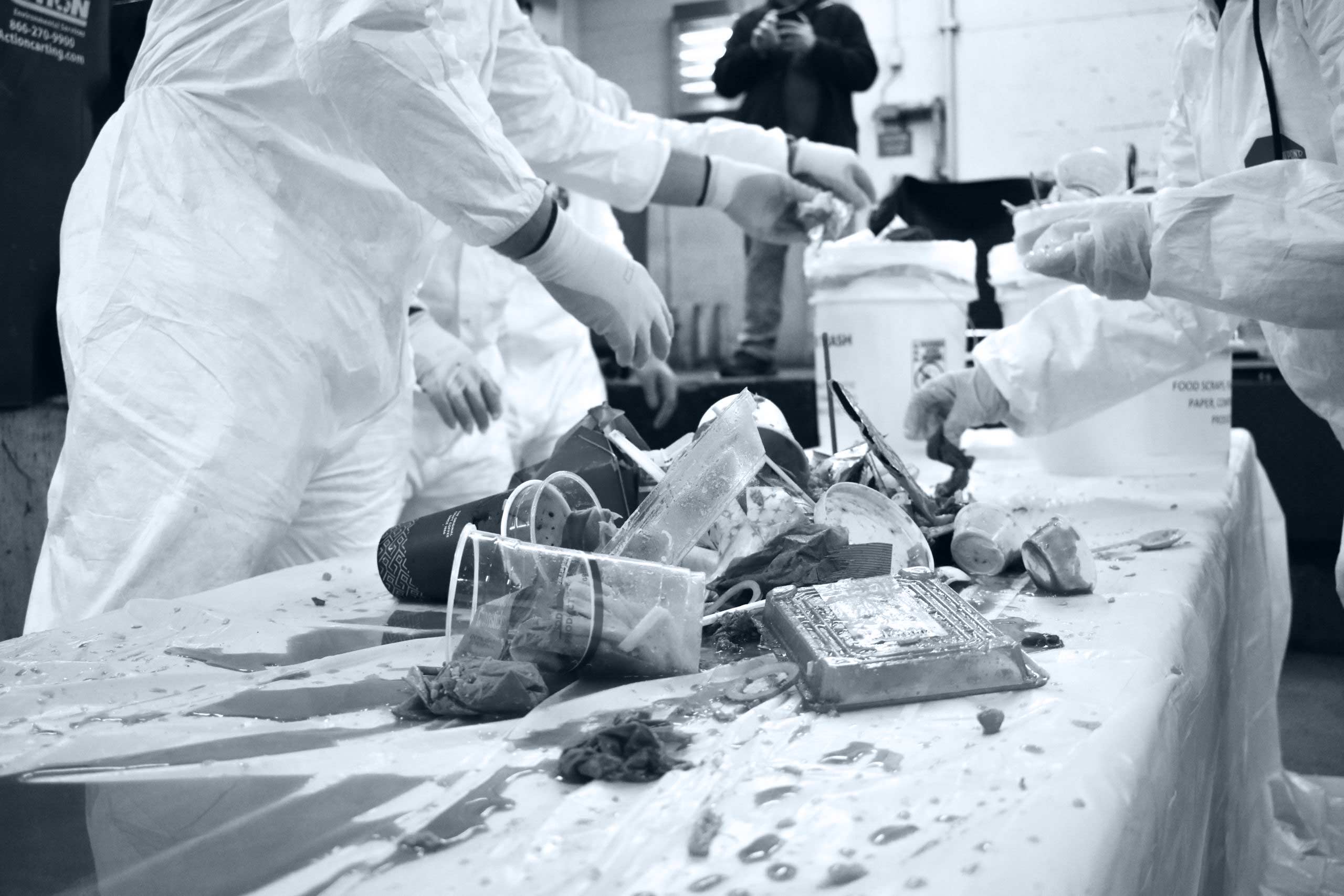

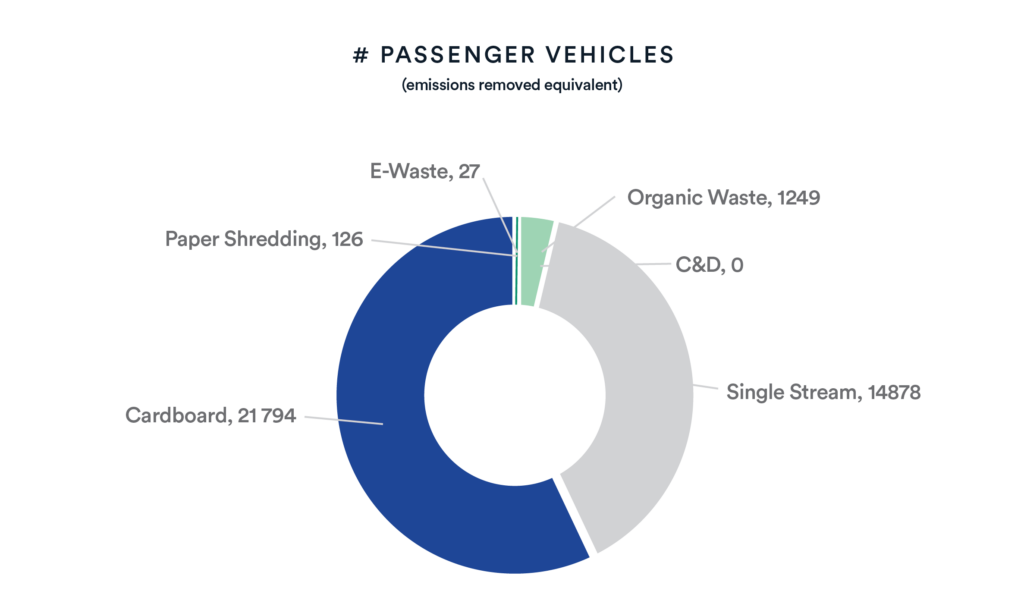
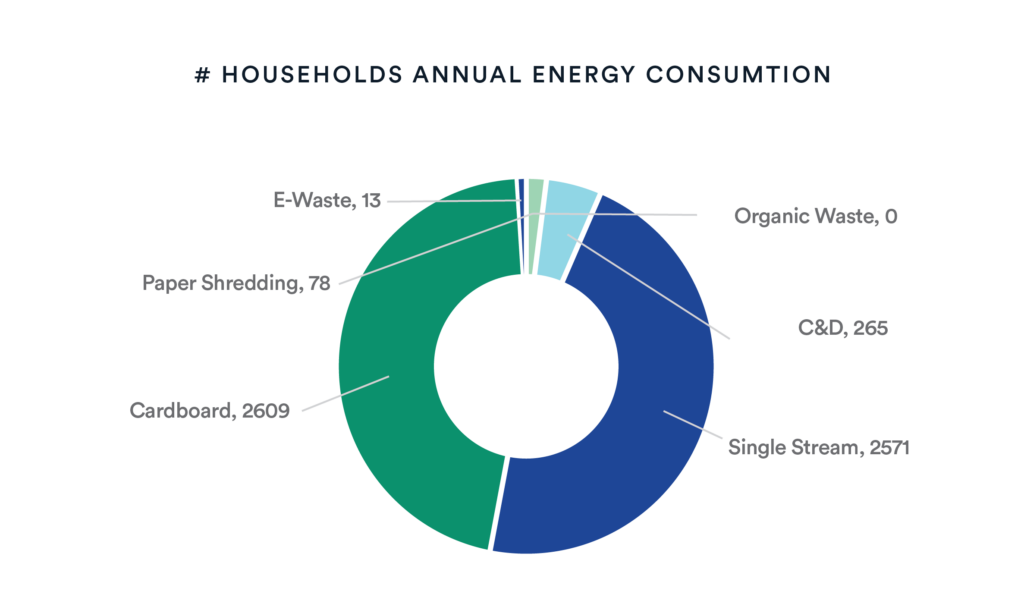
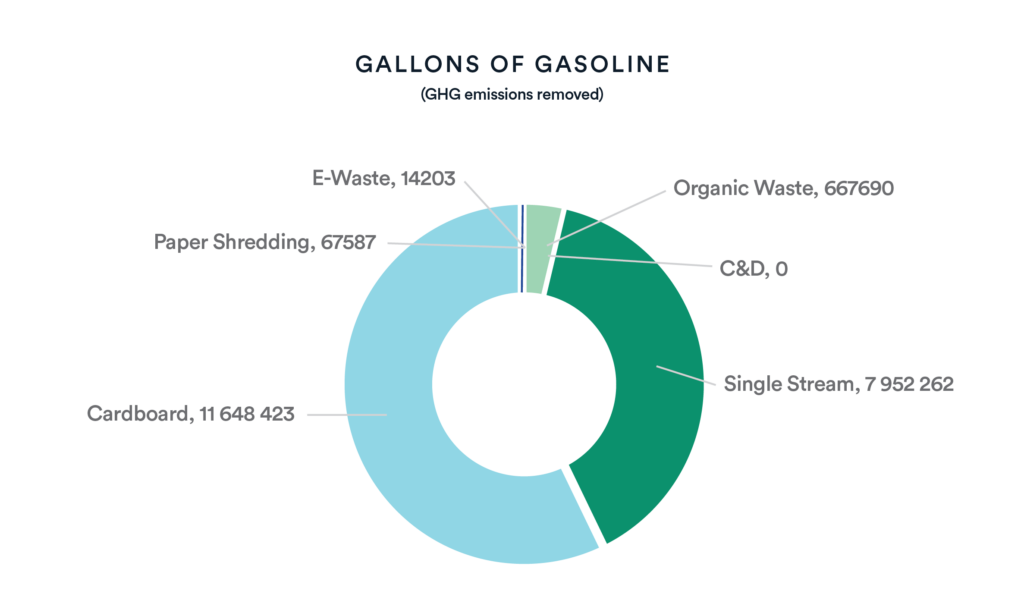

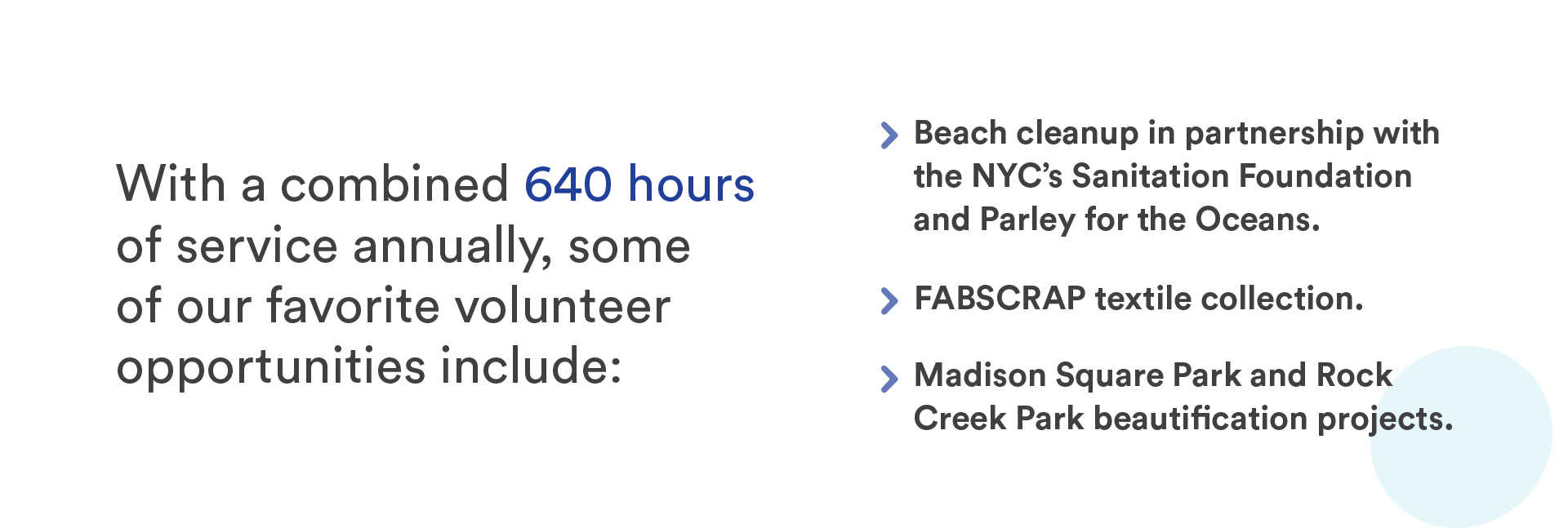
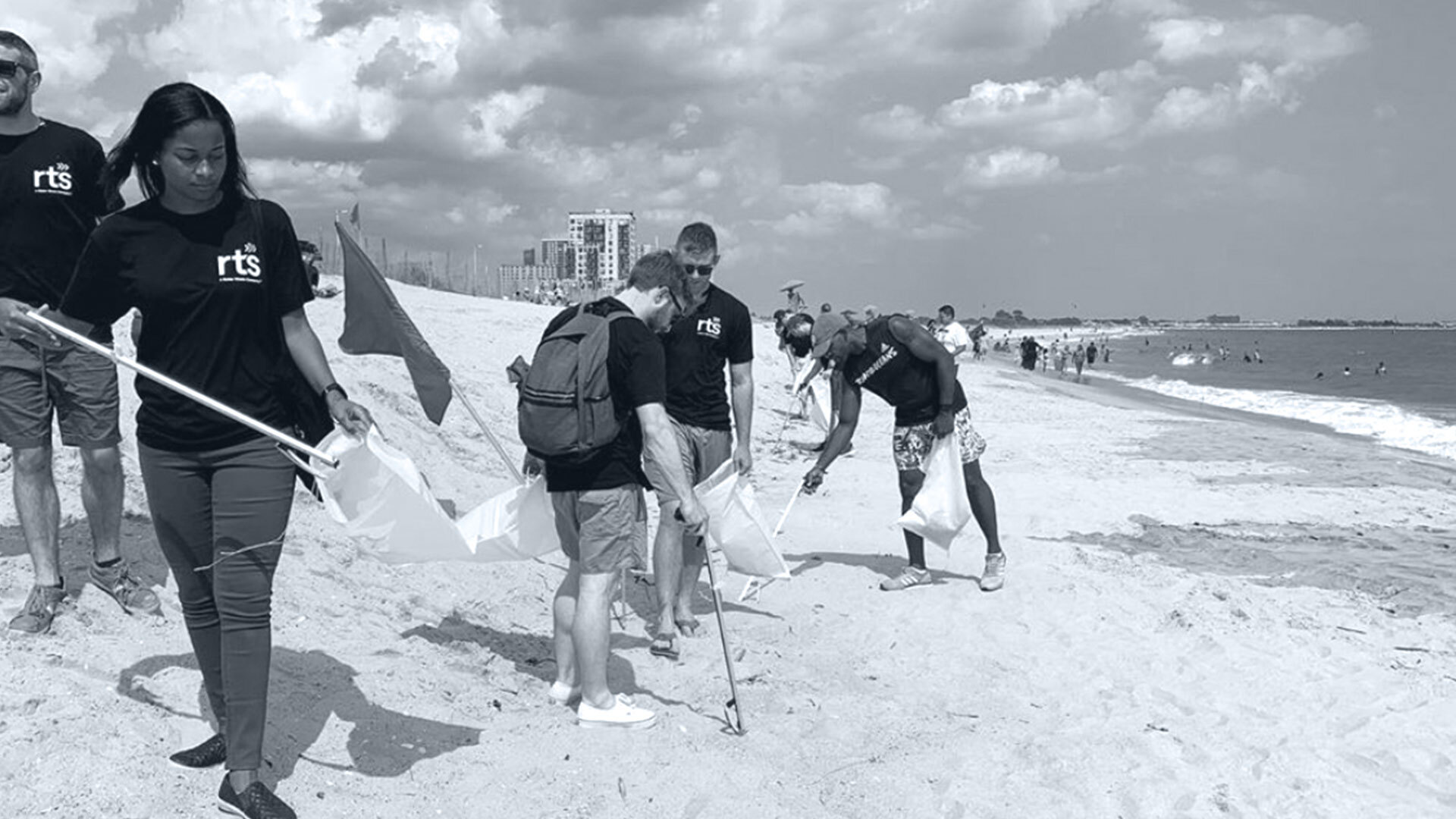
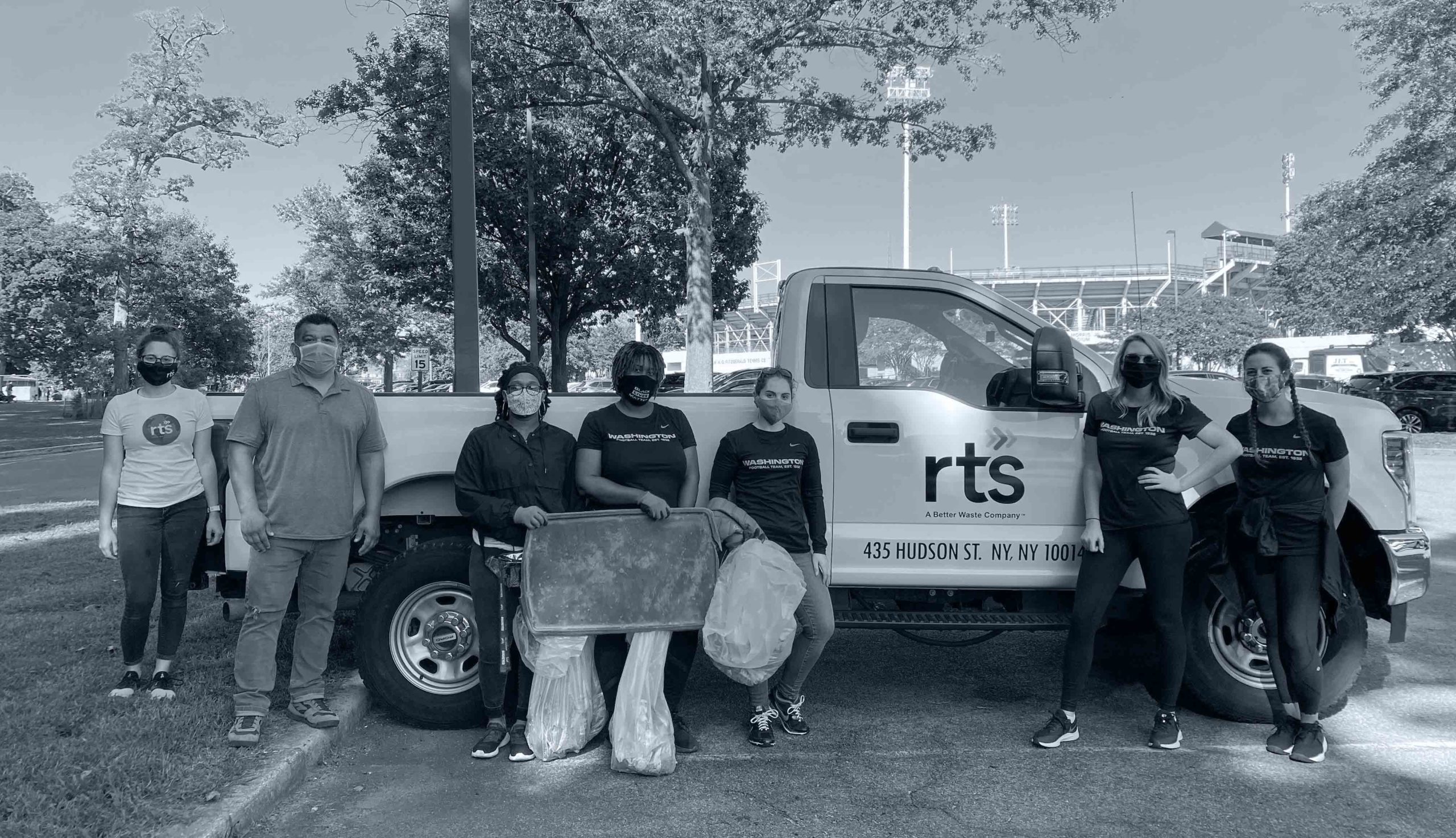
 Ongoing education is a cornerstone of our betterment. As a member of the US Green Building Council, we support ongoing training for our LEED-accredited and TRUE advisory staff. RTS is also committed to educating the public about proper waste practices. We work closely with organizations, such as the NYC Zero Waste Workshop, whose objective is to educate and inspire others about reducing their environmental footprint. And, to share our mission of pioneering a better way to manage waste more broadly, we host free, on-demand virtual learning sessions on topics such as recycling contamination. We also release reports like our Food Waste Guide to articulate the individual and collective impact of waste in our homes and our businesses.
Ongoing education is a cornerstone of our betterment. As a member of the US Green Building Council, we support ongoing training for our LEED-accredited and TRUE advisory staff. RTS is also committed to educating the public about proper waste practices. We work closely with organizations, such as the NYC Zero Waste Workshop, whose objective is to educate and inspire others about reducing their environmental footprint. And, to share our mission of pioneering a better way to manage waste more broadly, we host free, on-demand virtual learning sessions on topics such as recycling contamination. We also release reports like our Food Waste Guide to articulate the individual and collective impact of waste in our homes and our businesses.


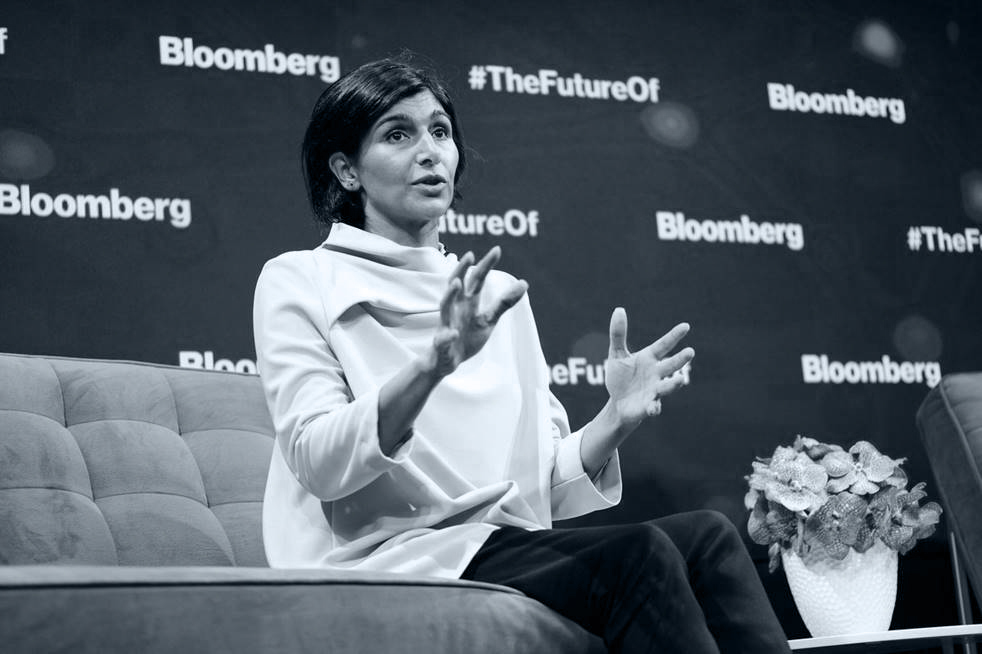
Social
Commitment to diversity, inclusion and interaction with local communities.
Labor + Supply Chain Rights
While RTS’s founding goals are environmental, as a mission-driven company we view our corporate and social responsibilities as extending well beyond this realm. RTS is proud to fully endorse the United Nations’ pathbreaking Guiding Principles on Business and Human Rights and its “Protect, Respect, Remedy” framework for the rights of workers in supply chains.
As the Guiding Principles note, it is RTS’s responsibility to take all reasonable measures to respect and actively protect the human and labor rights of its employees, and, if ever applicable, to fairly investigate allegations of abuses and remedy them if found to be credible.
We live in a world of increasingly globalized and complex corporate supply chains. The waste, recycling, technology, and sustainability industries are not immune to these trends. In selecting our partners, RTS prioritizes those businesses whose values and commitment to social and environmental responsibility match our own.
Diversity
The human capital management team at RTS is tasked with assessing our core values and providing a more holistic view of the employee experience at the organization. A core piece of our values project is centered around diversity, equity, and inclusion. We understand the value of diversity of gender, race, and other immutable factors, as well as diversity of experience and bringing employees from different industries to the organization. We view diversity not as a “check-the-box” exercise, but as a business advantage. We believe we will continue to out-perform competitors precisely because of our diversity, and so we are committed to this value not only as an ethical principle but as a business imperative.
We presently partner with staffing organizations which have a core mission centered around placing diverse candidates at roles with scaling startup organizations, such as RTS. These firms currently assist with hiring needs across all levels, including all open executive leadership roles. Moreover, we have recently implemented a quarterly diversity snapshot, which includes our gender, ethnicity, veteran hiring and highlighting other forms of employee diversity and representation. These metrics are reviewed by our board of directors.